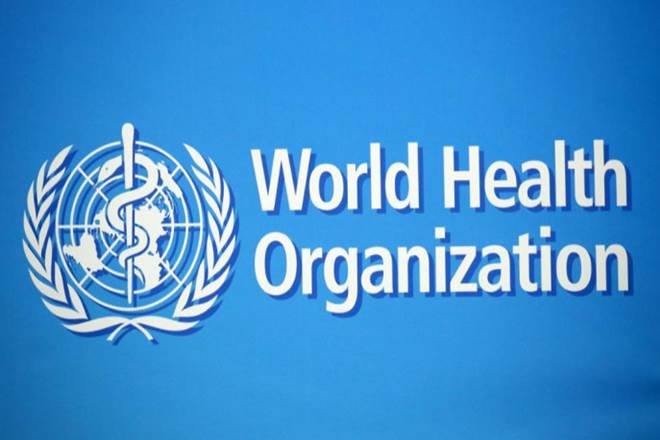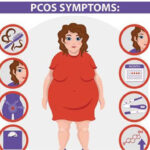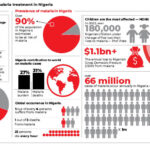Scientists from the Institut Pasteur, involved in a WHO-supported project on molecular monitoring of resistance in Africa, recently identified the first signs of emergence of artemisinin-resistant Kelch13 mutant parasites in Africa.
The results describe significant proportions of parasites carrying the R561H mutation in two locations 100km apart (prevalences of 7.4% in Masaka and 0.7% in Rukara, respectively).
Here’s how severe COVID-19 gets you: By paralysing the immune system
Whole-genome sequencing of these parasites indicates that the R561H mutants were selected from Rwandan parasite populations and that they had not spread from Asian parasites (from Thailand or Myanmar, where the R561H mutation has previously been observed).
The results of the research were published in Nature Medicine.
“These unexpected results contrast with previous scenarios in which the emergence of chloroquine- or pyrimethamine-resistant parasites in Africa was caused by the spread of resistant parasites from South-East Asia. It was thought that a similar scenario would apply for the emergence of artemisinin-resistant parasites in Africa,” explains Didier Ménard, Head of the Malaria Genetics and Resistance Unit at the Institut Pasteur.
The fact that this resistant strain has spread between several places in Rwanda and its ability to resist artemisinin in vitro have major public health implications.
In the absence of effective measures to contain the spread of resistant parasites in Rwanda and neighbouring countries, there is a risk that over time they will acquire the ability to resist the partner drugs used in ACTs.
This would mean that the only available treatments would become ineffective, as has occurred in South-East Asia. A model of this scenario, in which no measures are taken, recently predicted that the inefficacy of ACTs in Africa could be responsible for 78 million additional cases and 116,000 additional deaths over a five-year period.
Resistance to artemisinin, the main component of the current antimalarial treatments recommended by WHO, is already widespread in South-East Asia, but it had not previously been described in Africa.
Malaria, caused by parasites of the genus Plasmodium, represents a major public health problem.
Almost 3.2 billion people (virtually half the world’s population) in 89 countries are at risk of contracting the disease, for which there is currently no vaccine. Every year, over 200 million cases and over 400,000 deaths are recorded.
Courtesy: Pasteur

 Join Daily Trust WhatsApp Community For Quick Access To News and Happenings Around You.
Join Daily Trust WhatsApp Community For Quick Access To News and Happenings Around You.


